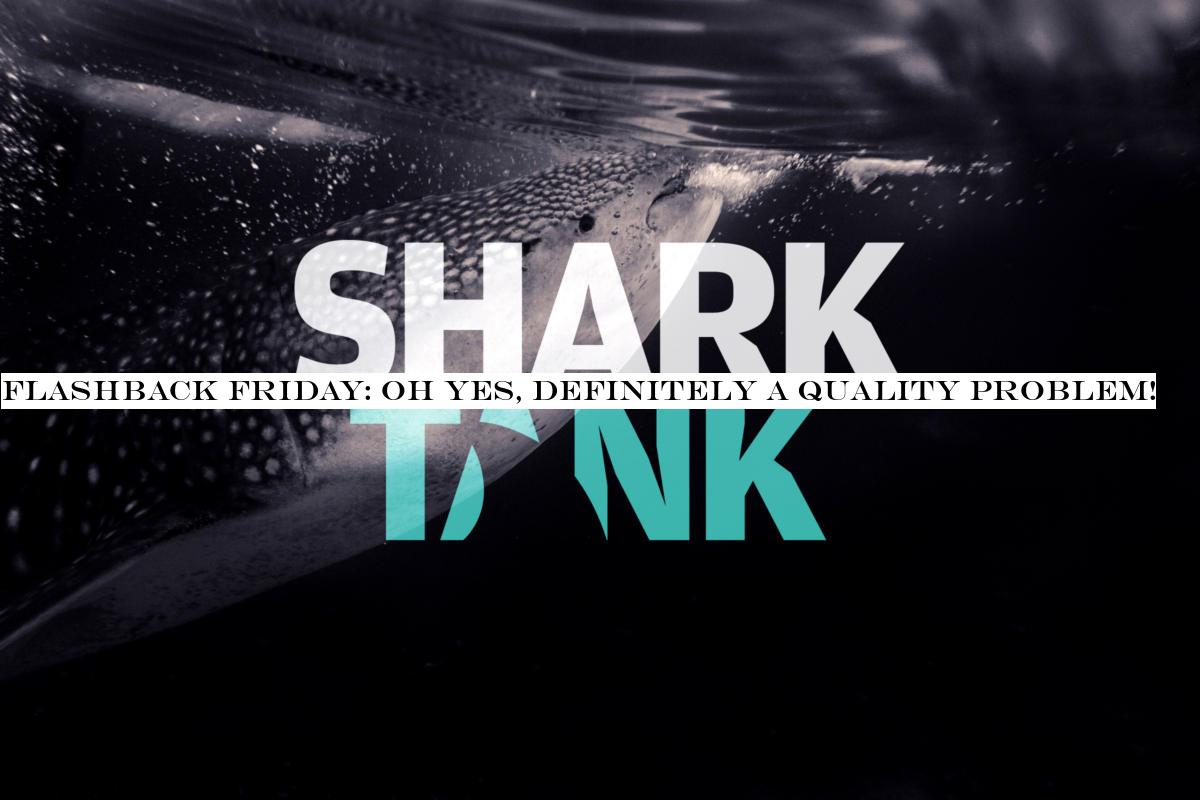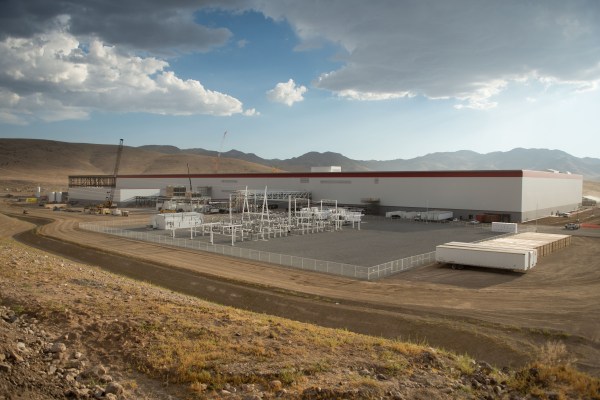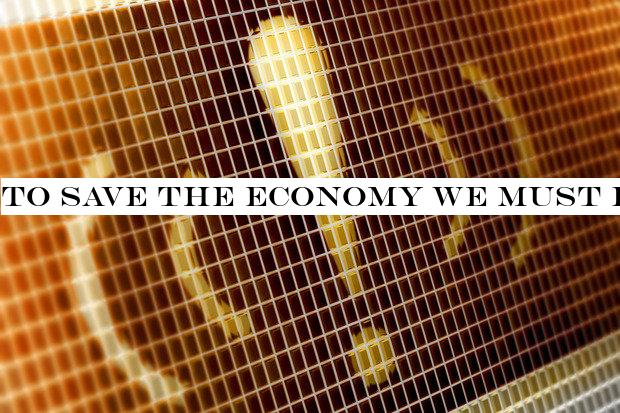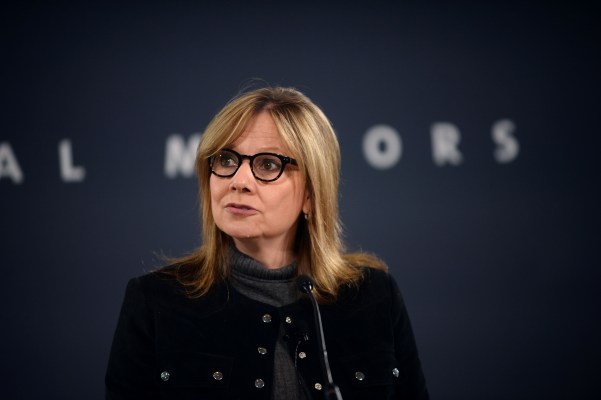Music
Trailers
DailyVideos
India
Pakistan
Afghanistan
Bangladesh
Srilanka
Nepal
Thailand
Iraq
Iran
Russia
Brazil
StockMarket
Business
CryptoCurrency
Technology
Startup
Trending Videos
Coupons
Football
Search
Download App in Playstore
Download App
Best Collections
Technology

Itmany moons ago, and this help desk pilot fish gets a call from a senior vice president complaining that his floppy disk drive is broken.
&I went to take a look at the problem,& says fish, &and was met with ‘Why don&t we buy some decent computers for a change instead of this cheap junk?&
&I shrugged and told him that I thought his problem was out of the ordinary.
&I then removed the floppy disk from his Zip drive, inserted it into the floppy drive and said, ‘I think it's OK now.&&
One of Sharkybetter qualitiesis his care in filing off the identifying marks from each true tale of IT life. So send me yours at This email address is being protected from spambots. You need JavaScript enabled to view it.. You can also subscribe to the Daily Shark Newsletter.
To read this article in full, please click here
- Details
- Category: Technology Today
Read more: Flashback Friday: Oh yes, definitely a quality problem!
Write comment (94 Comments)
Panasonic is pulling its 3,500 employees from the massive Nevada factory it operates with partner Tesla over concerns about the spread of COVID-19.
The company said Friday it will ramp down operations early next week and then close for 14 days. The move only affects Panasonic employees. Tesla also employs thousands of workers at the so-called Gigafactory 1 in Sparks, Nevada.
Tesla could not be reached for comment.
Gigafactory 1, which broke ground in June 2014, is a critical ingredient in Teslagoal to accelerate the worldtransition to sustainable energy by expanding global battery capacity and reducing the cost of electric vehicles. And Panasonic has been its most important partner as a supplier and partner in that project.
The factory produces Model 3 electric motors and battery packs, in addition to Teslaenergy storage products, Powerwall and Powerpack. Panasonic makes the cells, which Tesla then uses to make battery packs for its electric vehicles.
Here is the statement from Panasonic spokesperson AlbertoCanal
Panasonic is committed to safeguarding the health and well-being of every employee. The Panasonic factory in Sparks, Nevada will begin ramping down operations early next week and will then close for 14 days. Employees impacted by the closure will receive full pay and benefits for the 14-day period. In the meantime, Panasonic has enacted several measures to enhance the cleanliness of the facility, encourage social distancing, and enable simple, safe and effective behaviors. During the 14-day period, the facility will undergo intensive cleaning.
Without Panasonic, Tesla could face a bottleneck in the supply chain. Tesla has agreed to suspend production beginning March 23 at its Fremont, Calif., factory, where it assembles the Model X, Model S, Model 3 and now the Model Y.
- Details
- Category: Technology Today
Read more: Tesla partner Panasonic is shutting down its operations at Nevada gigafactory
Write comment (99 Comments)To conserve the economy we need to decrease video transmission capacity usage-- currently (upgraded)

Internet capacity is robust, but the massive increase in global consumption is pushing usage beyond its usual spike, EU regulators have warned.
It is probable that streaming media consumption, gaming and video collaboration are responsible for most of this additional demand. To maintain our connected culture during the current crisis, individuals, enterprises and big tech firms must cut down on their bandwidth usage — and the best way to do so is to reduce the use of video.
To read this article in full, please click here
- Details
- Category: Technology Today
In a memo yesterday detailing relief efforts for small businesses during the COVID-19 pandemic, the California Department of Alcoholic Beverage Control has temporarily allowed retailers to sell alcoholic beverages for takeout. This lifts a ban previously imposed on restaurants and bars to only sell alcohol in-house.
Bars can sell manufactured pre-packaged containers of liquid, such as pre-mixed drinks, cocktails, beer or wine, to customers to go when the beverage is purchased with a meal. If you sell an alcoholic beverage to go, you have to pack it in a container with a lid or cap without a sipping hole or opening for a straw.
While the notice temporarily lifted a ban on the sale of alcoholic beverages, it did not impact the open-carry laws imposed by the state. If you pick up a beverage and want to drive home to enjoy it at a socially safe distance, you have to put the drink in the trunk. Not the utility compartment or glove compartment. You also can&t consume alcohol in public or in any area where open containers are prohibited, the memo notes.
Other relief efforts include allowing retailers to sell alcohol through drive-through windows or slide-out trays. This is in effect until further notice.

- Details
- Category: Technology Today
Read more: Californians can now get alcohols to go
Write comment (100 Comments)
GM said Friday that it is working with Ventec Life Systems to help increase production of respiratory care products such as ventilators that are needed by a growing number of hospitals as the COVID-19 pandemics spreads throughout the U.S.
The partnership is part of StopTheSpread.org, a coordinated effort of private companies to respond to COVId-19, a disease caused by coronavirus.
Ventec will use GMlogistics, purchasing and manufacturing expertise to build more ventilators. The companies did not provide further details such as when production might be able to ramp up or how many ventilators would be produced.
GM Chairman and CEO Mary Barra said in a statement that GM is working closely with Ventec to rapidly scale up production.
&We will continue to explore ways to help in this time of crisis,& Barra added.
The need for ventilators is urgent as cases of COVID-19 pop up with increasing frequency as widespread testing begins. While some people with COVID-19 reported more mild symptoms, others have experienced severe respiratory problems and need to be hospitalized.
The shortage has prompted automakers to investigate ways of ramping up ventilator production. Volkswagen and Ford have reportedly either talked to the White House or committed to looking at the problem. Volkswagen said Friday it has created a task force to look into using 3D printing to make hospital ventilators.
Elon Musk tweeted Friday that Tesla and SpaceX employees are &working on ventilators& even though he doesn&t believe they will be needed.His confirmation on Twitter that both of the companies he leads are working on ventilators comes a day after New York City MayorBill de Blasiomade a direct plea to Musk to help alleviate a shortage at hospitals gearing up to combat COVID-19.
Musk didn&t provide specifics what &working on ventilators& means, what Tesla factory might be used, the possible capacity or when he planned to begin production.
- Details
- Category: Technology Today
Read more: GM and Ventec Life Systems partner to ramp up production of ventilators
Write comment (91 Comments)Efforts to get at-home test kits for the COVID-19 coronavirus are ramping up quickly, and two more health industry startups are bringing their own products to market, with both Carbon Health and Nurx starting to ship their own in-home sample collection kits.
Both of these new offerings are the same in terms of approach to testing: They deliver swab-based sample collection hardware that people can use at home to collect a mucus sample, which they then ship back using included, safety approved, projective packaging to be tested by one of the existing FDA-approved commercial labs across the country.
These tests follow the PCR-based method, which tests for the genetic presence of the COVID-19 virus in a patient. These have a high degree of accuracy, at least when performed in a controlled setting and administered by a medical professional, and are the same tests that are available via drive-through testing stations being set up by state agencies.
At-home use is relatively new to market, and could introduce some potential for error in the collection part of the process, but both Carbon Health and Nurx are offering consultation with medical professionals to help ensure that samples are collected properly, and that results, when available, are correctly interpreted and provided with guidance on next steps for those taking the tests.
None of these tests are free — the Carbon Health test costs $167.50, and the Nurx test costs $181, including shipping and assessment. These are in line with other offerings, including the one from Everlywell we covered earlier this week, which retails for $135. These are described as essentially at-cost prices, and all parties say they are subject to coverage by FSA or HSA money, or potentially by insurers depending on a personplan.
One big question around these types of tests is how much supply will be available. Nasopharyngeal swabs used for the in-person type of testing are already reportedly in short supply in some regions, and testing needs are only growing. Carbon is using different swabs to collect a simple saliva sample, which it notes are not in as short supply as the nasopharyngeal version. Other types of tests, including a &serological& one being developed by startup Scanwell, instead work by analyzing a patientblood, and could provide some relief for the swab-based tests, especially now that the FDA has expanded its emergency guidance to include their use.
Nurx, which also offers at-home HPV screening, says that it will have 10,000 kits available to patients &over the coming weeks,& and hopes to expand to cover &over 100,000 patients& in the &near future.& Carbon Health CEO and co-founder Eren Bali tells me that it should ramp to around &10,000 per day capacity in about two weeks,& through its medical device partner Curative Inc., and that it can do 50 per day today, with an estimated increase to 150 per day by Monday and 1,000 per day by end of week.
All of these tests are gated by a screening and assessment questionnaire, and the round-trip time is likely to take a few days even with round-trip shipping due to testing times. It may seem like a lot of these are popping up, but these startups at least have proven track records in healthcare services, and there will be a need for very widespread testing in order for any broad attempt to flatten the curve of the virus to prove successful, so expect more of these providers to come on line.

- Details
- Category: Technology Today
Read more: Healthcare startups Nurx and Carbon Health ship at-home COVID-19 test sample kits
Write comment (94 Comments)Page 1180 of 1447

 12
12





